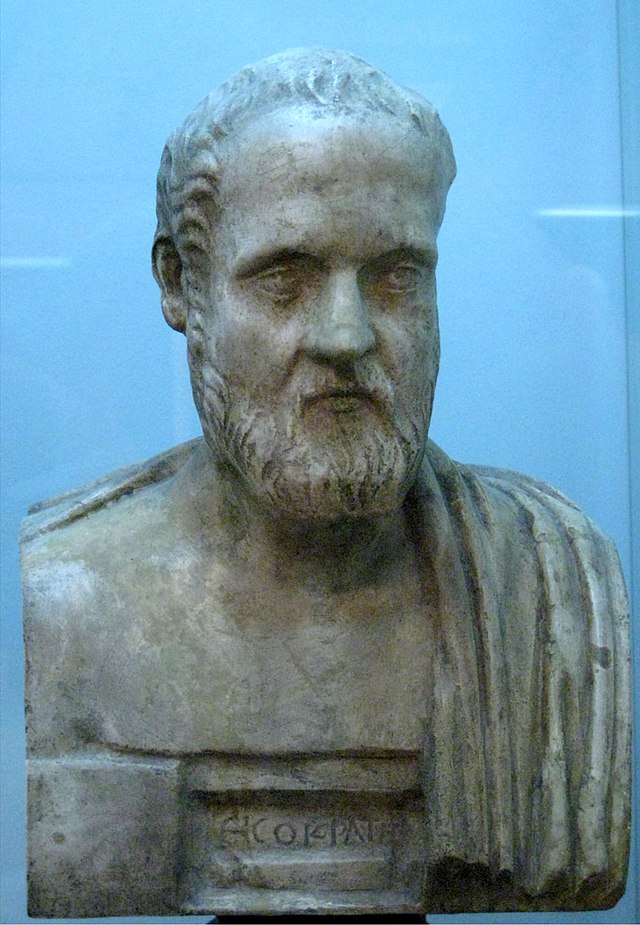Isocrates
is, needless to say, against the sophists—those learned men in ancient Athens who
told people that they were so skillful with words that they could teach how to
make the weaker argument the stronger and the stronger the weaker—a skill they
argued was essential for a person in democratic society to gain power,
prestige, and influence.
Isocrates
argues that these sophists, however, make promises that are impossible to
fulfill, saying that they can all but make gods out of men. They pretend to be
searchers of the truth in order to appeal to people, but they don’t actually
focus on it. In reality, they’re liars, he says. Additionally, they also say they don’t
want money, even though their actions contradict their words. The sophists have
their students pay tuition to a third party, who watches the money before tuition
is due. Hence, the sophists don’t really trust their students. And
contradictions in deeds are bad just as contradictions in words are bad. People
shouldn’t say one thing and do another, or do one thing and say another. If
contradictions are bad, then consistency is good. Indeed, Isocrates believes
that people should be consistent and their judgment reasoned. He wants people
to speak well and judge well, and to do one is to be equally skilled in the
other.
Another
problem with the sophists is they try to teach art as if it could be taught
like the alphabet. But art is not learned by rote rules because art is about
discovery and creativity. On the contrary, good
oratory is suited to the occasion. And those who try to teach contrary to this
principle (the sophists) should pay instead of be paid, since they are the ones
in need of instruction.
Ability
to speak comes from being endowed by nature and then from practice. Training
improves discovery, and we must learn knowledge from those who have knowledge,
and not from those who simply make great or grand promises. Teachers should set
the example so that students can imitated them.
“And
yet those who desire to follow the true precepts of this discipline may, if
they will, be helped more speedily towards honesty of character than towards
facility in oratory” (74-75). Mirhady and Too’s translation of the same passage
reads, “Nevertheless, those who wish to follow the prescriptions of my
philosophy may be helped more quickly to fair-mindedness than to speechmaking”
(66). In other words, Isocrates believes that his manner of education makes
good people in addition to influential speakers.
Then,
at the very end, he adds, “Nevertheless, I do think that the study of political
discourse can help more than any other thing to stimulate and form such
qualities of character” (75). In short, the study of oratory makes people
better.
 |
| "Isocrates pushkin" by user:shakko - Own work. Licensed under CC BY-SA 3.0 via Wikimedia Commons - https://commons.wikimedia.org/wiki/File:Isocrates_pushkin.jpg#/media/File:Isocrates_pushkin.jpg |

No comments:
Post a Comment